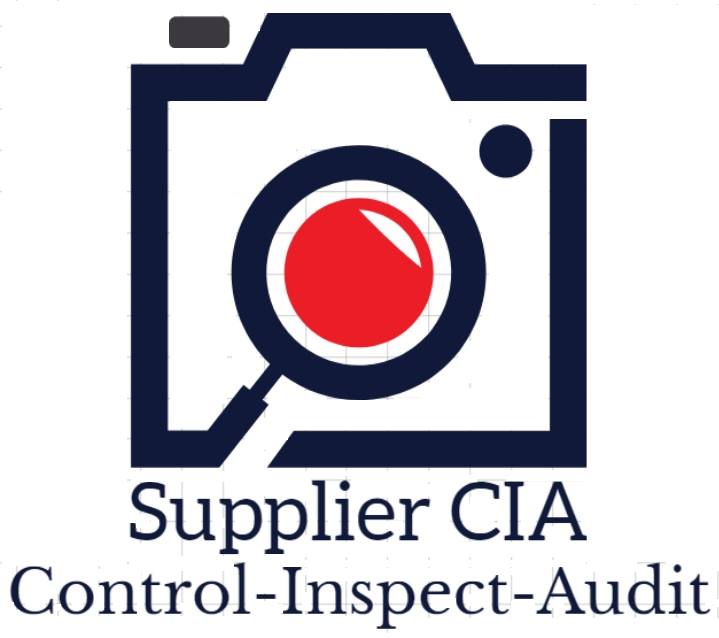Some inexperienced importers learn about a signed Letters of Guarantee by suppliers is the best thing. It costs nothing and it puts pressure on the supplier to deliver acceptable quality!!!
What is a letter of guarantee?

It is a certification, with the supplier’s letterhead that reads something like this:
“We (supplier company) guarantee that the shipment of (order reference) conforms to (importer company)’s requirements regarding product technical specifications, labeling and packaging requirements, and quantities as stated in (relevant documents: P/O, checklist…).
We guarantee that we will undertake full responsibility for the compensation of prejudices related to the non-conformity of this particular shipment to the above-listed requirements even if those non-conformities are recorded after reception of the products.”
What kind of problems can happen even though having a Letters of Guarantee?
In the Letter of Guarantee, it can be mentioned about the quality inspection. However, an inspection does not relieve the exporter from his liability. QC firms generally make it clear to each party that “the buyer can file claims even after inspections”.
Expecting zero defects is not realistic, so defect limits are important. The Letter Guarantee generally covers “non-conformities” (for example, the wrong color of paint is a non-conformity). Defective goods should be below a limit, but the Letter of Guarantee does not mention it: what is the limit, and how to determine that it is not respected?
After contracting a Letter of Guarantee buyer thinks “I have placed responsibility on the shoulders of my supplier, so I am clean whatever happens”. The responsibility for getting acceptable quality is every time on the shoulders of the buyer. Putting the blame on the other parties stems from a lack of understanding of the sourcing game.
When should letters of guarantee be used?
–When an importer feels confident about a factory’s quality standard (after inspections have been consistently passed), she can check only some shipments and ask for letters of guarantee for the others. It only serves as a signal to the supplier that they should maintain their quality level.
After an inspection is failed for an issue that is of minor importance to the buyer, asking the supplier to rework the goods and ship them without re-inspection can be a good tactic. It saves “face” and shows some goodwill. Again, asking for a letter of guarantee is a signal to the supplier.

